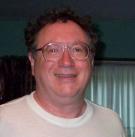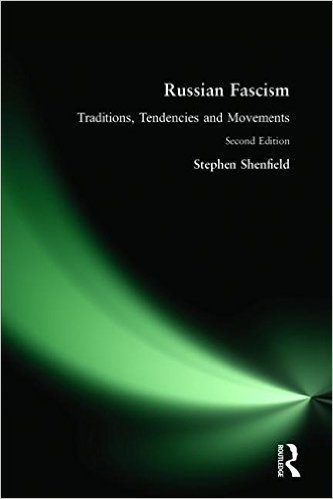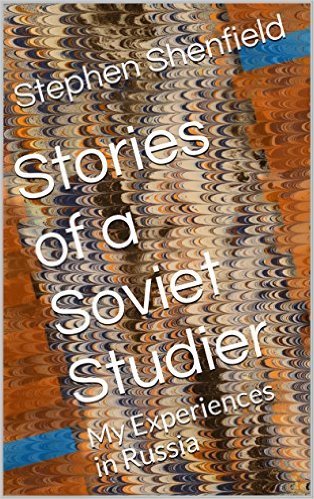Stephen D. Shenfield

Education: Ph.D., Soviet Studies and Economics, University of Birmingham (UK)
Stephen D. Shenfield is an independent scholar.
When did you first develop an interest in Slavic, East European and Eurasian Studies?
I first developed an interest in Russia as a small child when my grandmother told me stories about growing up in that country before the revolution. My interest was heightened in the 1970s when my family discovered and visited relatives still living in Russia. Another stimulus was my desire to understand the functioning of diverse economic systems.
How have your interests changed since then?
In 1979 I abandoned my previous career as a statistician for the British government and became a graduate student at the Centre of Russian and East European Studies (CREES) of the University of Birmingham. I did not abandon statistics as such, however, because the professors at CREES wanted me to undertake a comparative study of Western and Soviet statistical methods and systems for  the production of statistics. This sounds boring but I was to find it fascinating. First I took Russian language courses and courses on various other subjects for a Diploma of Social Science. Of greatest interest to me was a course on Comparative Economic Systems, taught by Dr. Philip Hanson.
the production of statistics. This sounds boring but I was to find it fascinating. First I took Russian language courses and courses on various other subjects for a Diploma of Social Science. Of greatest interest to me was a course on Comparative Economic Systems, taught by Dr. Philip Hanson.
At the same time as I pursued my statistics-related research, I developed an interest in Soviet foreign and defense policy. This arose partly out of my involvement in the movement for nuclear disarmament and partly out of the experience of serving as an interpreter and assistant to the Soviet reformer Fyodor Burlatsky during his visit to Britain in 1983. My work in this area led to a monograph entitled The Nuclear Predicament: Explorations in Soviet Ideology (Routledge & Kegan Paul, 1987)—the first book-length analysis of Gorbachev’s “new thinking” to appear in print. I was also one of the founders of the journal Détente and a member of its editorial board.
In 1989 I came to the United States with my wife and children in order to take up a position at Brown University’s Watson Institute for International Studies in Providence, RI. In the 1990s my research and teaching at Brown focused on relations among the post-Soviet states. Later I also developed an interest in the Russian ultra-right, leading to my book Russian Fascism: Traditions, Tendencies, Movements (M.E. Sharpe, 2001).
What is your current research project?
Since 2000 I have worked as a freelance researcher and translator. I initiated and produced the Research and Analytical Supplement to Johnson’s Russia  List. I participated in preparing the definitive three-volume edition of the memoirs of Nikita Khrushchev, published by Pennsylvania State University Press and edited by his son Sergei who was my colleague at Brown. I also translated Russian academic texts for the translation journals published by M.E. Sharpe and now by Taylor & Francis.
List. I participated in preparing the definitive three-volume edition of the memoirs of Nikita Khrushchev, published by Pennsylvania State University Press and edited by his son Sergei who was my colleague at Brown. I also translated Russian academic texts for the translation journals published by M.E. Sharpe and now by Taylor & Francis.
I now consider myself semi-retired and want to concentrate on my own writing, though I still do some translation work. I recently published an e-book on Amazon Kindle entitled Stories of a Soviet Studier: My Experiences in Russia. One of my future projects is a book on the life and work of Colonel Viktor Girshfeld, another Soviet reformer with whom I collaborated. I would like his memory and his contribution to ending the Cold War to be preserved in the historical record.
